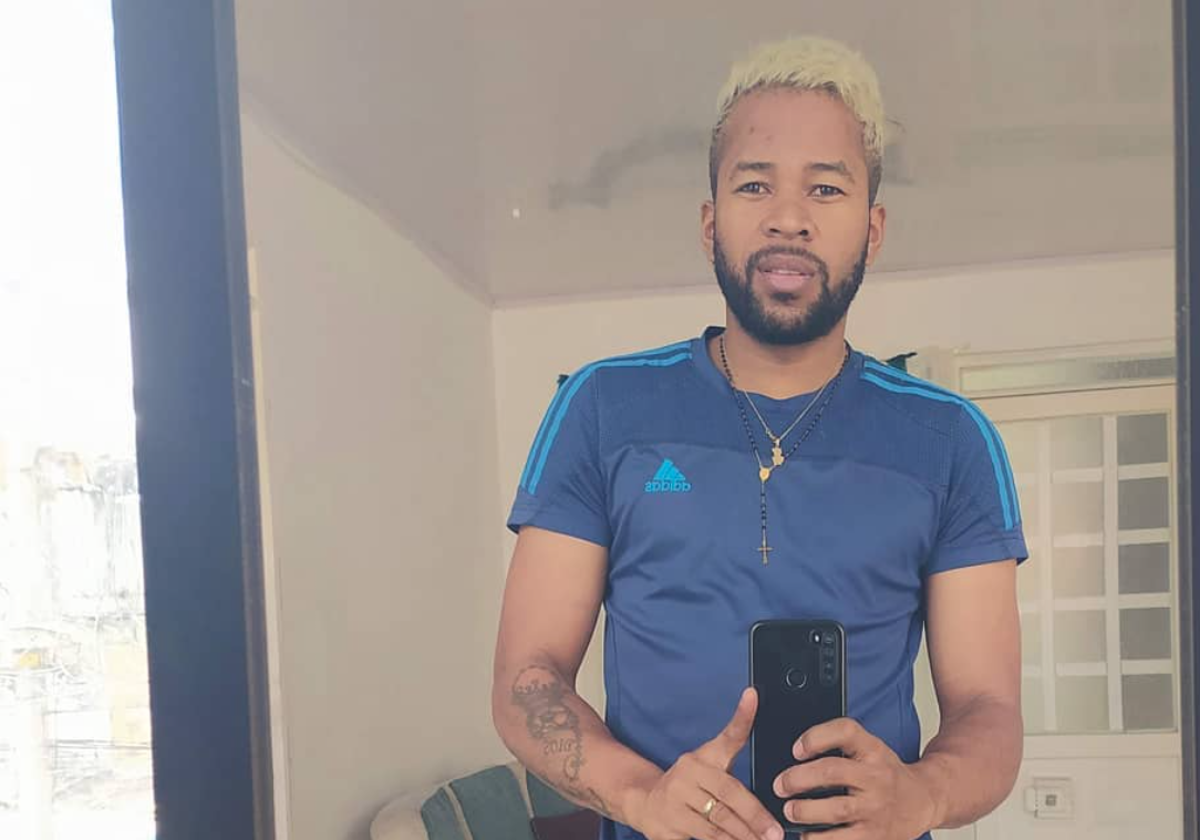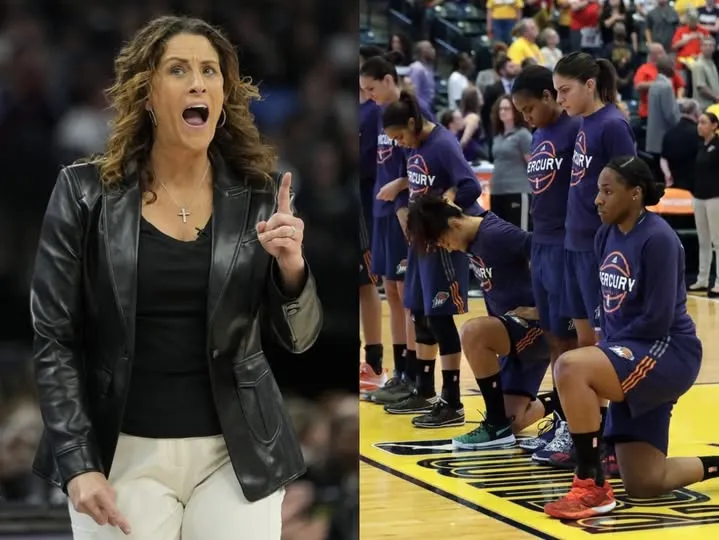
Jerce Reyes Barrios never imagined that his devotion to Real Madrid—a passion that had shaped much of his identity—would one day become the reason for his deportation. The 36-year-old Venezuelan footballer now finds himself behind the walls of El Salvador’s notorious Counter-Terrorism Confinement Centre (Cecot), a maximum-security prison feared for its brutal conditions.
What brought him there wasn’t a crime or an act of violence. According to his lawyer, it was a tattoo inspired by his love for the Spanish soccer giant.
Under Donald Trump’s broad mass deportation policies—executed with the collaboration of El Salvador's president Nayib Bukele—hundreds of individuals have been caught in a sweeping dragnet targeting suspected gang members. Among those affected is Reyes Barrios, who was deported alongside 237 other Venezuelans aboard one of three chartered flights to El Salvador.
However, according to his defense, Reyes Barrios is not a gang member, but a victim of misidentification and overreach.

The U.S. authorities pointed to a tattoo on his body as evidence of affiliation with the criminal gang Tren de Aragua. The ink in question featured a crown, a soccer ball, a rosary, and the word "God"—a combination that mimics elements of Real Madrid’s crest.
For Reyes Barrios, the tattoo symbolized his lifelong passion for the team. But to immigration officials operating under Trump’s policies, it was seen as a dangerous mark of gang loyalty.
Reyes Barrios' lawyer, Linette Tobin, submitted an affidavit detailing the events that led to his client’s deportation. She argues that the tattoo was entirely misinterpreted and that authorities acted with little regard for the truth.
What should have been recognized as a tribute to a soccer team was twisted into a symbol of criminality.
Unfortunately, the tattoo wasn’t the only element cited in his case. The Department of Homeland Security (DHS) also pointed to a photo found on his social media account in which Reyes Barrios made a hand gesture. Officials claimed it was gang-related. But according to Tobin, the gesture was simply the universal “I love you” sign, often seen at rock concerts and completely unrelated to any gang affiliation.
“It’s a common expression of affection and support,” she explained in her statement, frustrated by the lack of cultural understanding that turned an innocent pose into damning evidence.

The footballer’s story becomes even more tragic when placed in the context of his past. Reyes Barrios was not fleeing justice, but repression.
In Venezuela, he had been arrested during protests against the Maduro regime, participating in demonstrations between February and March of the previous year. During his detention, he allegedly faced torture at the hands of Venezuelan security forces. After being released, he made the decision to seek safety in the United States.
His entry into the country had been fully legal. Under the CBP One program—introduced during Joe Biden’s presidency—Reyes Barrios applied for immigration approval and had been awaiting a scheduled court appointment to finalize his legal residency. Everything appeared to be going in the right direction until his arrest and deportation upended his life.
That moment of arrest came suddenly last September. Officers targeted him based solely on the tattoo and the social media image, disregarding the evidence of his legal entry and pending immigration status. There were no criminal charges pending against him in the United States.
The only blot on his record stemmed from the arrest in Venezuela, an arrest widely seen as politically motivated.

What followed was a rapid deportation. With no trial or opportunity to plead his case in full, Reyes Barrios was bundled onto a flight with hundreds of others and dropped into the prison system of El Salvador—a country with no clear ties to his life or history.
It remains unclear why he was sent there, rather than being returned to Venezuela or held in the U.S. until his immigration hearing.
His current whereabouts are unknown. His family and attorney have received no confirmation of his condition since the deportation.
Their concern grows each day, particularly given the reputation of Cecot prison, known for its overcrowded conditions and aggressive security tactics. Tobin has been working tirelessly to rally public attention and draw awareness to her client's case, hoping that public pressure might force a re-examination.
What makes this story resonate is not just the tragedy of a man wrongly imprisoned, but the deeply human mistake at the center of it all. A tattoo meant to celebrate sport and personal faith became a misinterpreted code in a climate of fear and suspicion.

A photo gesture meant to show affection became a signal of danger in the eyes of overzealous officials.
The case of Jerce Reyes Barrios underscores a larger issue: how easy it is for innocent individuals to become casualties in political agendas, especially when systems prioritize rapid action over accurate assessment. Trump's mass deportation policies, aggressive in nature and broad in execution, appear to have disregarded nuance and failed to consider personal context.
While the intention of cracking down on organized crime is valid, sweeping assumptions based on tattoos or cultural expressions create a dangerous precedent. And as seen in Reyes Barrios’ case, the consequences can be life-altering.
Now, as his lawyer continues to push for justice, Reyes Barrios’ future remains in limbo. The man who once dreamed of playing football under the banner of Real Madrid now sits in a prison far from home, his only crime seemingly being the pride he took in his team and the peaceful life he tried to build in a new country.
His case stands as a painful reminder that love—for a sport, a team, a dream—can be tragically misunderstood in the wrong hands.



